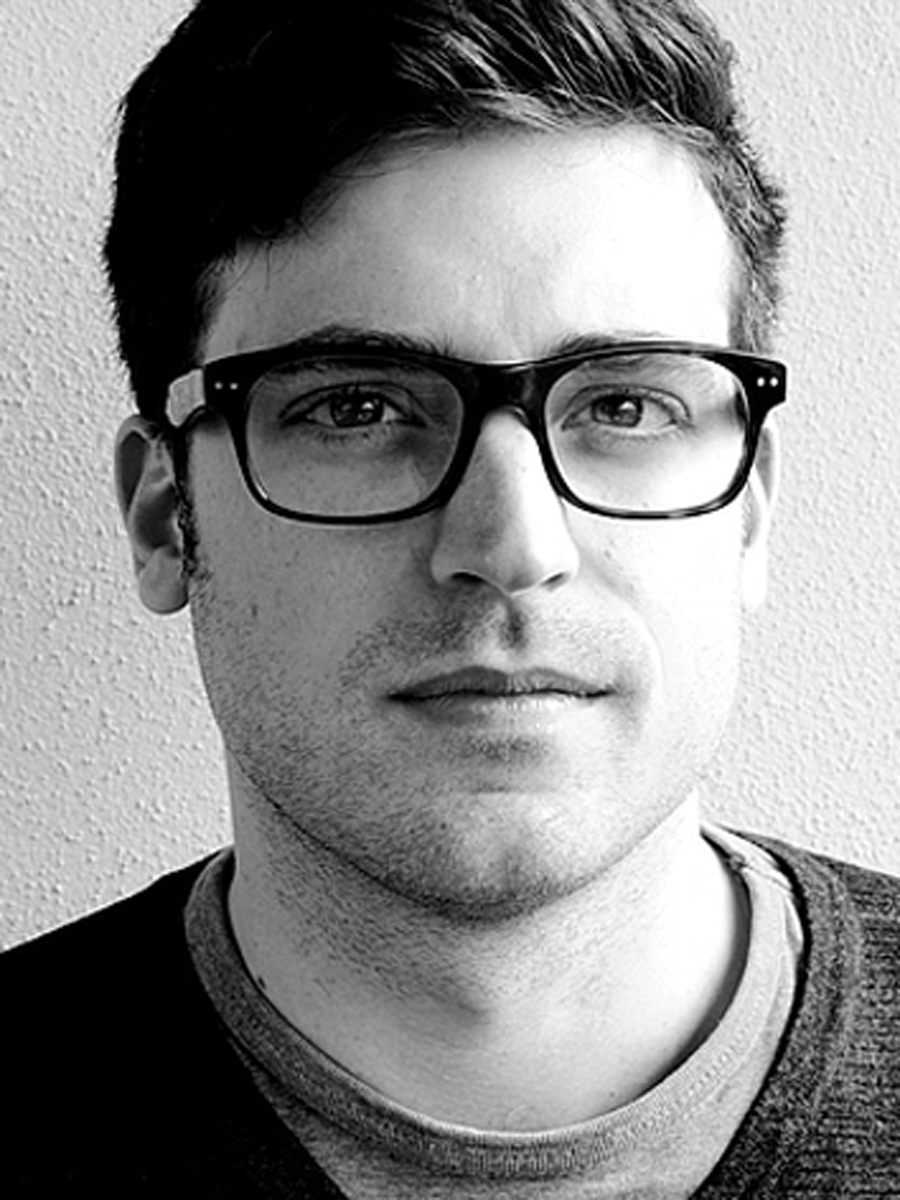Event
The Materialist Ontology of the Neorealist Image
Scholarship on Italian film has tended to emphasize the formal (and political) discontinuities between neorealism and the new Italian cinema of the 1960s, framing the aesthetic innovations brought about by films such as Fellini’s La dolce vita (1960), Pasolini’s Accattone (1961) or Antonioni’s Red Desert (1964) in terms of a modernist Oedipal killing of their neorealist fathers. This talk offers a different narrative of the shift between neorealism and the new Italian cinema of the 1960s. Combining formal analysis of films by Rossellini and Pasolini with a re-reading of Bazin’s film theory in light of recent debates on new materialism and “objective phenomenology,” I suggest that both neorealism and the new Italian cinema of the 1960s foregrounded the emergence of a materialist aesthetics of the moving image marked by the attempt to break the representationalist barrier between the corporeal life of the observing subject and the inert passivity of the observed object. This talk derives from my book-in-progress An Aesthetics of Contingency: Rome and the Margins of Modernism.
Filippo Trentin completed his Ph.D. at the University of Warwick (UK), specializing in 20th century Italian cinema and literature. He has held academic positions as visiting assistant professor at The Ohio State University (2015-16) and as postdoctoral fellow at the Institute for Cultural Inquiry in Berlin (2013-15). His areas of research include film studies, queer theory, and aesthetics, and his publications on Pier Paolo Pasolini, Walter Benjamin and Aby Warburg have appeared in The Journal of Romance Studies, Modern Language Review, and Forum Italicum, among others.

